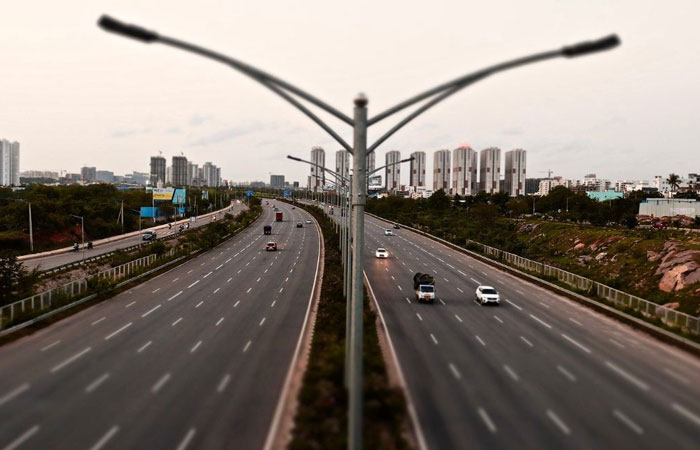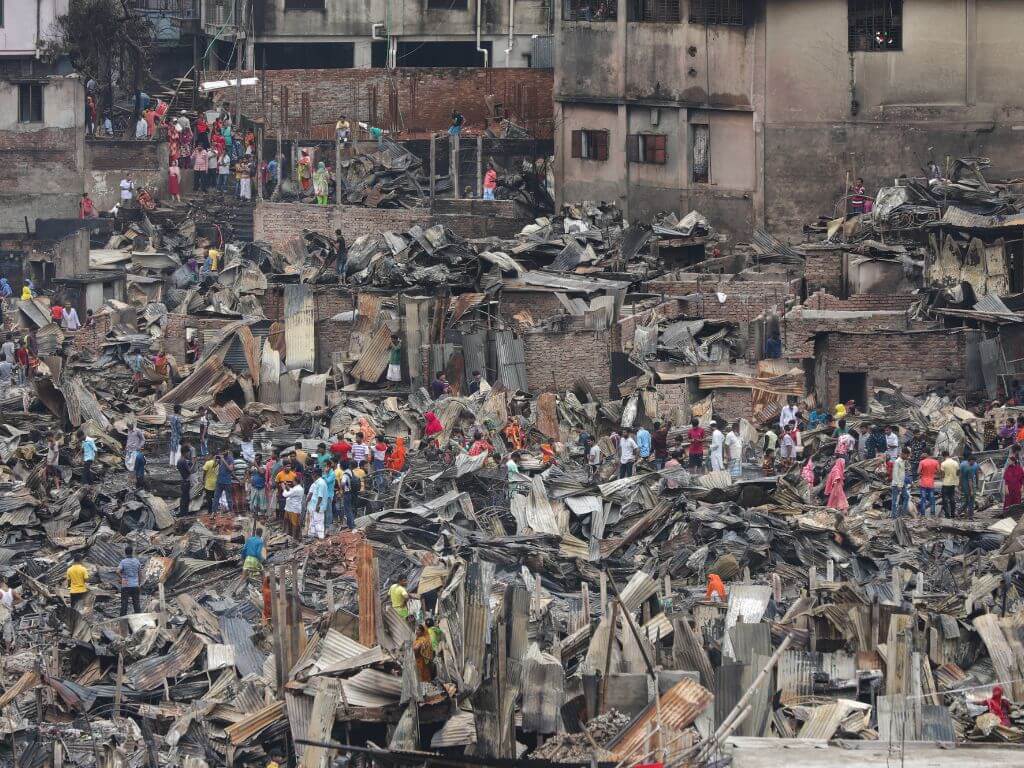QoC-CANSA Fellowship – Stories on Cities and Climate Change
As heat waves sear our cities and floods inundate them, as poor quality air and lack of green spaces make life unbearable for millions, it becomes important to frame climate mitigation and adaptation in the context of justice and rights. The widening gap between the wealthy few and marginalised many in cities across South Asia exacerbates during extreme weather events. The absence of gender-inclusive and participatory approach while drafting climate action makes it less just.
Six Fellows were selected, from hundreds of applications received from India, Pakistan, Nepal, and Bangladesh, to research and report on various aspects of cities and Climate Change. Their work focused on themes ranging from housing challenges, demolitions, and informal settlements to inequality and water inequity, and the impact of heat and floods on people in cities across the four countries. The final stories of the QoC-CANSA Fellowship series, re-orient to cities in South Asia and ask how climate action - necessary and urgent - can be just and equitable too.
Below, you find, the body of work, done during the last 10 months from Delhi, Dhaka, Guwahati, Hyderabad, Karachi and Kathmandu on ecology in cities, right to the city for millions, and the urgency of climate action.
Meet the QoC-CANSA Fellows
Read MoreCompendium of articles produced under QOC-CANSA Media Fellowship
Download HereNew Story

Karachi, choking on plastic, searches for solutions as climate impact
looms
Zofeen T Ebrahim
New Story

Guwahati's green cover is declining but is key to its climate resilient future
Barasha Das and Harish Borah
New Story

Rethink Guwahati’s building bye-laws for net-zero carbon future
Barasha Das and Harish Borah

Addressing water inequity in Dhulikhel is critical for environmental justice
Kushal Pokharel and Chhatra Karki

How the lack of rights worsens climate events for Delhi’s informal workers
Hrushikesh Patil and Sejal Patel

Pakistan’s women struggle to make voices heard in Climate Change conversations
Zofeen T Ebrahim
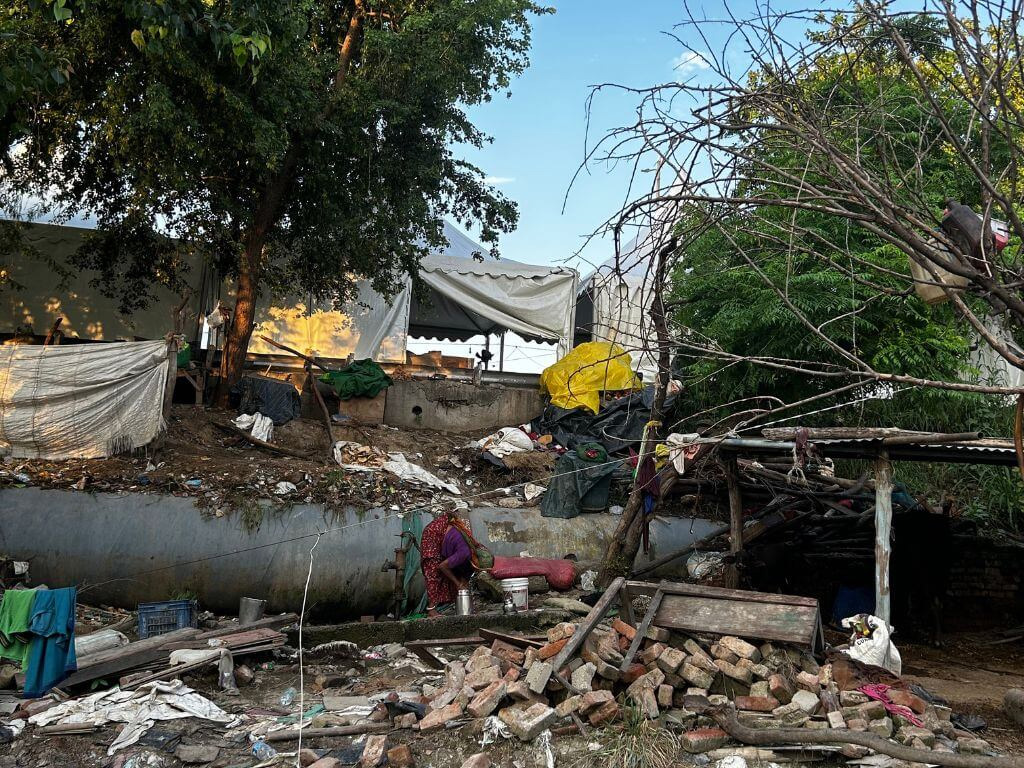
Delhi’s heatwave, floods, and G20 beautification force urban poor to pay heavy price
Hrushikesh Patil and Sejal Patel

Nepal’s Melamchi, still recovering from 2021 flood, shows multiple risks of rapid urbanisation
Kushal Pokharel and Chhatra Karki
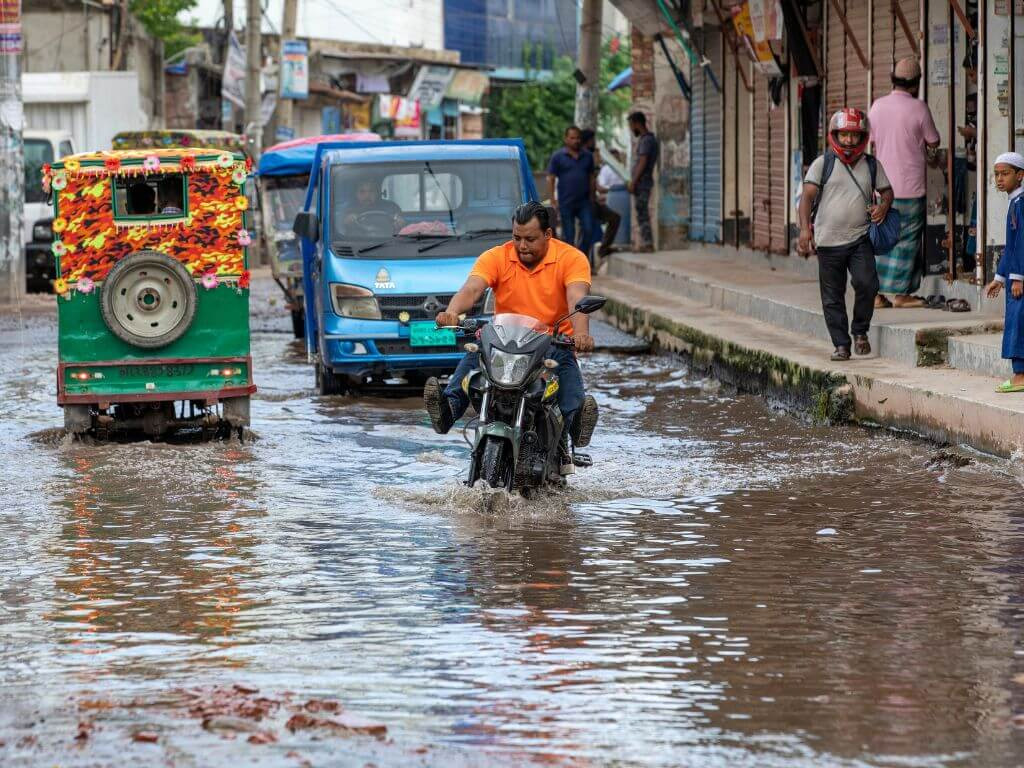
Greater Dhaka: Making liveable city in times of Climate Change is all politics and planning
Sadiqur Rahman
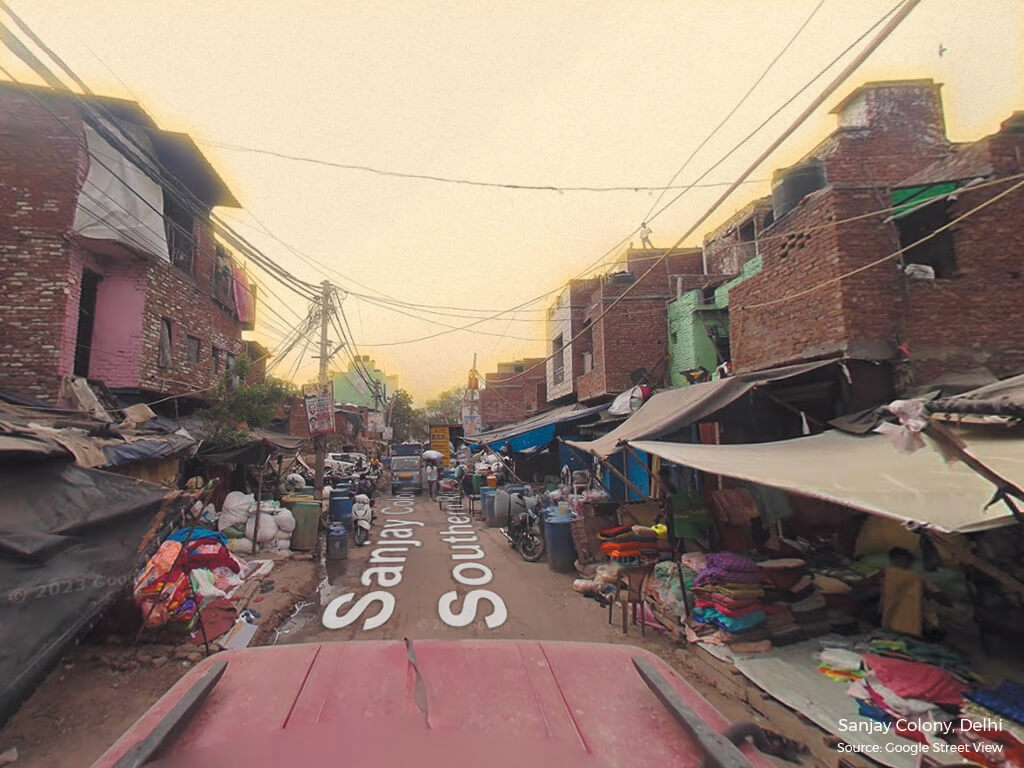
Delhi’s double whammy of heat and polluted air demands review of Heat Action Plan
Hrushikesh Patil and Sejal Patel





